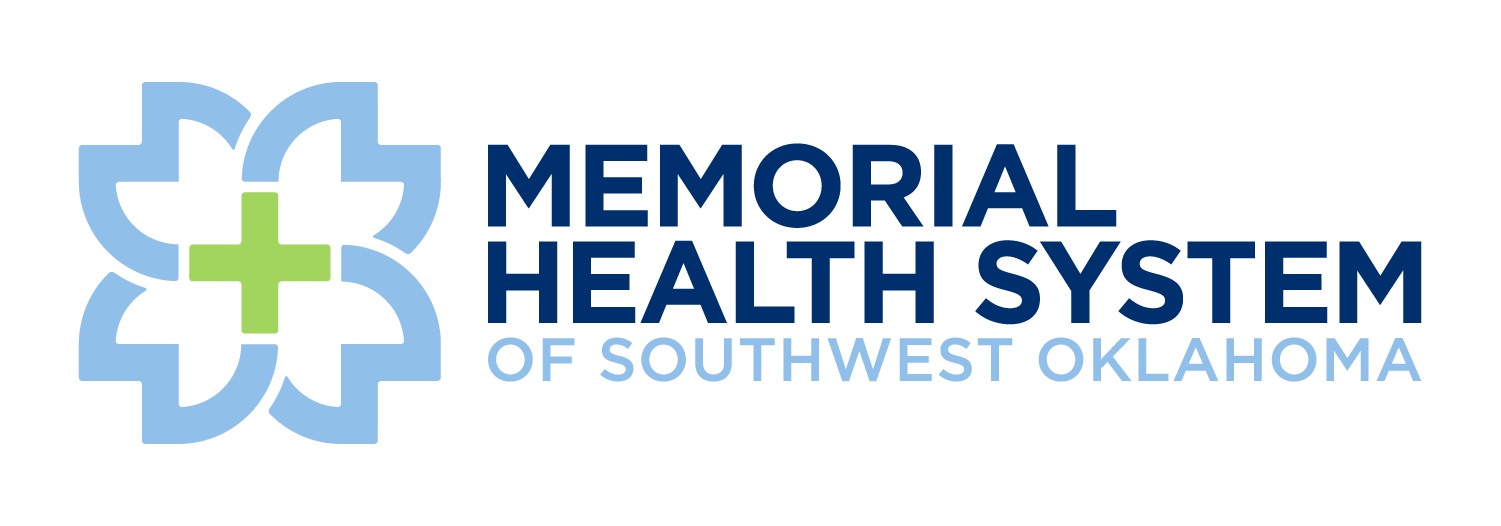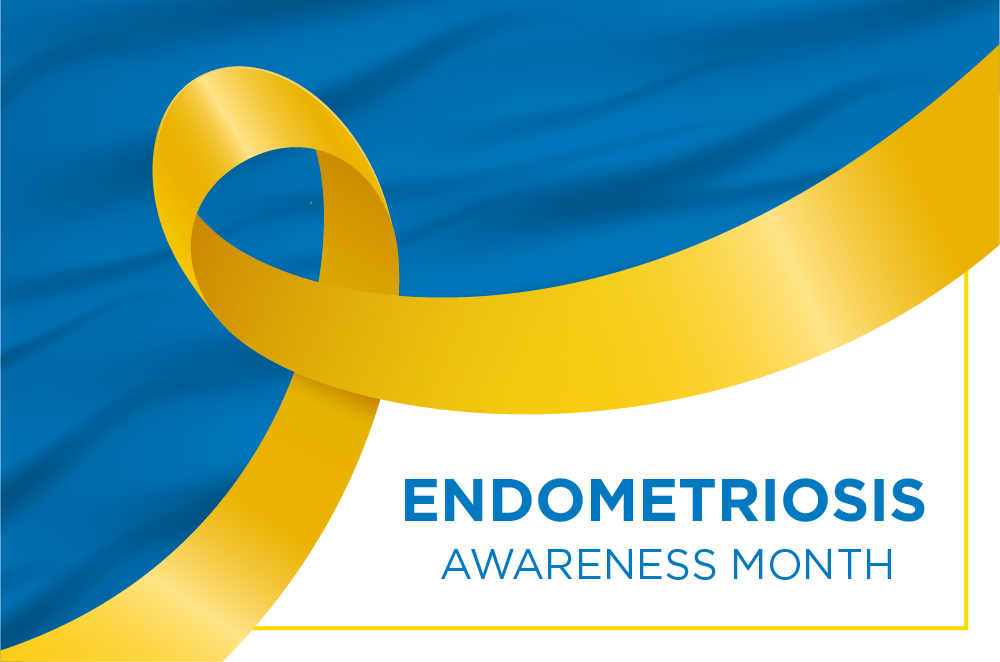This March, during Endometriosis Awareness Month, we want to create a safe space to talk about this common, yet often misunderstood, condition. We know that dealing with endometriosis can be incredibly challenging, and want to assure you that you have a community here.
Understanding Endometriosis
Endometriosis happens when tissue similar to the lining of your uterus (the endometrium) grows in places it shouldn’t, like your ovaries, fallopian tubes, or even your intestines. It’s important to remember that this isn’t “just bad periods.” This tissue behaves like your uterine lining, which means it thickens, breaks down, and bleeds – but the blood has nowhere to go, causing pain and other issues.
Who Is At Risk
While endometriosis can affect anyone who menstruates, it’s more frequently diagnosed in women in their 30s and 40s. Certain factors might increase your risk, and it’s important to be aware of them.
You might be more likely to get endometriosis if you have:
- Never had children
- Menstrual periods that last more than seven days
- Short menstrual cycles (27 days or fewer)
- A family member (mother, aunt, sister) with endometriosis
- A health problem that blocks the normal flow of menstrual blood from your body during your period
Signs of Endometriosis
We understand that everyone’s experience with endometriosis is unique, but some common signs include:
- Periods that take over your life: This isn’t just discomfort; it’s pain that stops you in your tracks.
- Persistent pelvic pain: An ache or sharp pain that doesn’t seem to go away.
- Pain during or after intimacy: This can be incredibly difficult, and it’s important to know it’s not “normal.”
- Heavy bleeding that worries you: Needing to change pads or tampons far more often than you should.
- Constant fatigue: Feeling drained, even with adequate rest.
- Challenges with fertility: If you’re struggling to conceive, endometriosis could be a factor.
- Digestive discomfort: Bloating, changes in bowel habits, and other digestive issues.
It’s important to remember that some people experience very few symptoms, or none at all. If you’re concerned about anything, please reach out to our Women’s Health Services.
Endometriosis and Fertility
Many individuals with endometriosis successfully conceive, but it’s understandable to feel concerned if you’re experiencing difficulties. Research suggests that endometriosis may play a role in infertility for up to half of those affected.
While the exact connection isn’t fully understood, some potential factors include:
- Endometrial tissue blocking or altering the anatomy of the pelvis and reproductive organs, hindering sperm from reaching the egg
- Immune system mistakenly attacking the embryo
- Uterine lining not developing properly for implantation
If you’re struggling to conceive and have endometriosis, please know you’re not alone. Your doctor can discuss treatment options, such as surgical removal of endometrial growths, to help address these challenges.
Treatment of Endometriosis
While there’s no cure for endometriosis, effective treatments are available to alleviate symptoms. It’s important to have an open and honest conversation with your doctor to explore the options tailored to your specific needs and circumstances. Your doctor can explain the benefits and risks associated with various treatments, including:
Medications:
- Hormonal Birth Control (Pills, Shots, IUDs): For those not trying to conceive, these reduce pain and bleeding. Effectiveness varies and is limited to the duration of use.
- GnRH Agonists: For those trying to conceive, these induce temporary menopause to control endometriosis growth, potentially improving fertility after discontinuation.
Surgery:
- Recommended for severe symptoms, failed hormone therapy, or fertility issues. Involves removing endometriosis patches. Hormone therapy often follows surgery unless pregnancy is desired.
Additional Therapies:
- Pain Medication (Over-the-counter): For mild symptoms.
- Complementary and Alternative Medicine (CAM): Some find relief with acupuncture, chiropractic care, herbs, or supplements.
We’re Here For You
At Comanche County Memorial Hospital, we’re committed to providing compassionate and comprehensive care. Our team is here to:
- Listen to your concerns and help you find answers.
- Provide accurate diagnosis and discuss all your treatment options.
- Offer ongoing support and resources to help you manage your symptoms and improve your quality of life.
If you’re experiencing any of the symptoms we’ve discussed, or if you just want to talk, please reach out to us. We’re here to listen, to support, and to help you navigate this journey.
Resources:
https://womenshealth.gov/a-z-topics/endometriosis
https://my.clevelandclinic.org/health/diseases/10857-endometriosis
Disclaimer:
The Comanche County Memorial Hospital website does not provide specific medical advice for individual cases. Comanche County Memorial Hospital does not endorse any services obtained through information provided on this site, articles on the site or any links on this site.
Use of the information obtained by the Comanche County Memorial Hospital website does not replace medical advice given by a qualified medical provider to meet the medical needs of our readers or others.
While content is frequently updated, medical information changes quickly. Information may be out of date, and/or contain inaccuracies or typographical errors. For questions or concerns, please contact us at contact@ccmhhealth.com.

